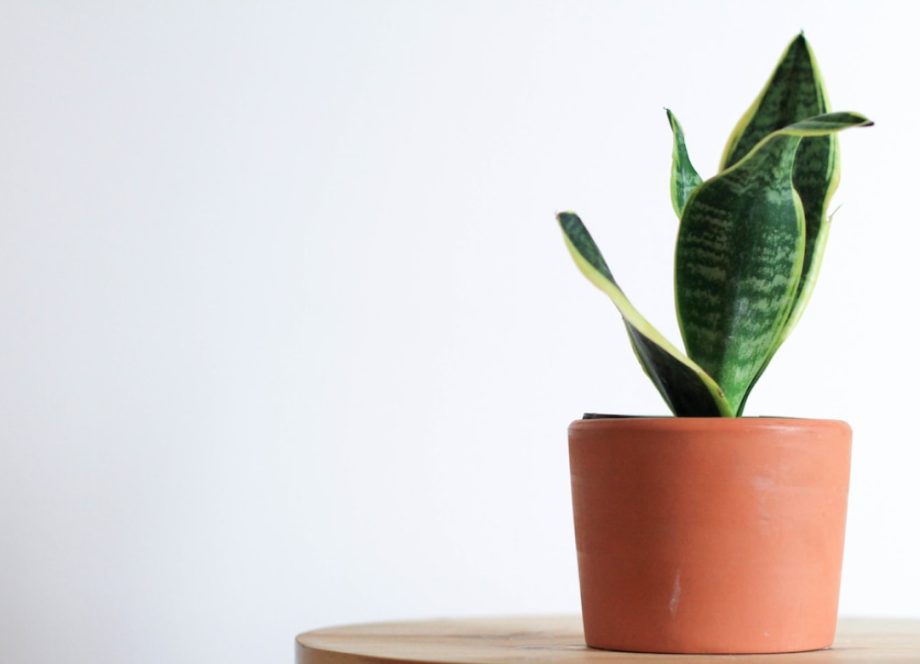
Houseplants have become increasingly popular over the past few years, and for good reason.
They can improve air quality, reduce stress, and add a touch of natural beauty to any space. However, as with any living thing, houseplants can sometimes experience problems that can affect their health and appearance. In this blog post, we will discuss some common houseplant problems and how to troubleshoot them.
One of the most common houseplant problems is overwatering. While it may seem like more water is always better, overwatering can actually be detrimental to your plant’s health. Signs of overwatering include yellowing leaves, wilting, and a mushy or rotten smell coming from the soil. To fix this problem, let the soil dry out completely before watering again. You may also need to repot your plant into a pot with better drainage.
Another common problem is underwatering. Signs of underwatering include dry or crispy leaves, wilting, and soil that pulls away from the sides of the pot. To fix this problem, water your plant thoroughly and make sure the soil is evenly moist. You may also need to adjust your watering schedule to ensure that your plant is getting enough water.

Pests are another common houseplant problem. Common pests include spider mites, mealybugs, and scale insects. Signs of a pest infestation include yellowing or mottled leaves, sticky residue on the leaves, and visible insects on the plant. To fix this problem, you can try wiping down the leaves with a damp cloth, spraying the plant with neem oil or insecticidal soap, or isolating the plant and treating it with a pesticide.
Finally, some houseplants may experience problems related to lighting or temperature. Signs of lighting problems include yellowing leaves or leaves that are falling off the plant. Signs of temperature problems include brown or black spots on the leaves or wilting. To fix these problems, make sure your plant is getting the right amount of light for its specific needs, and keep it in a room with a consistent temperature.

